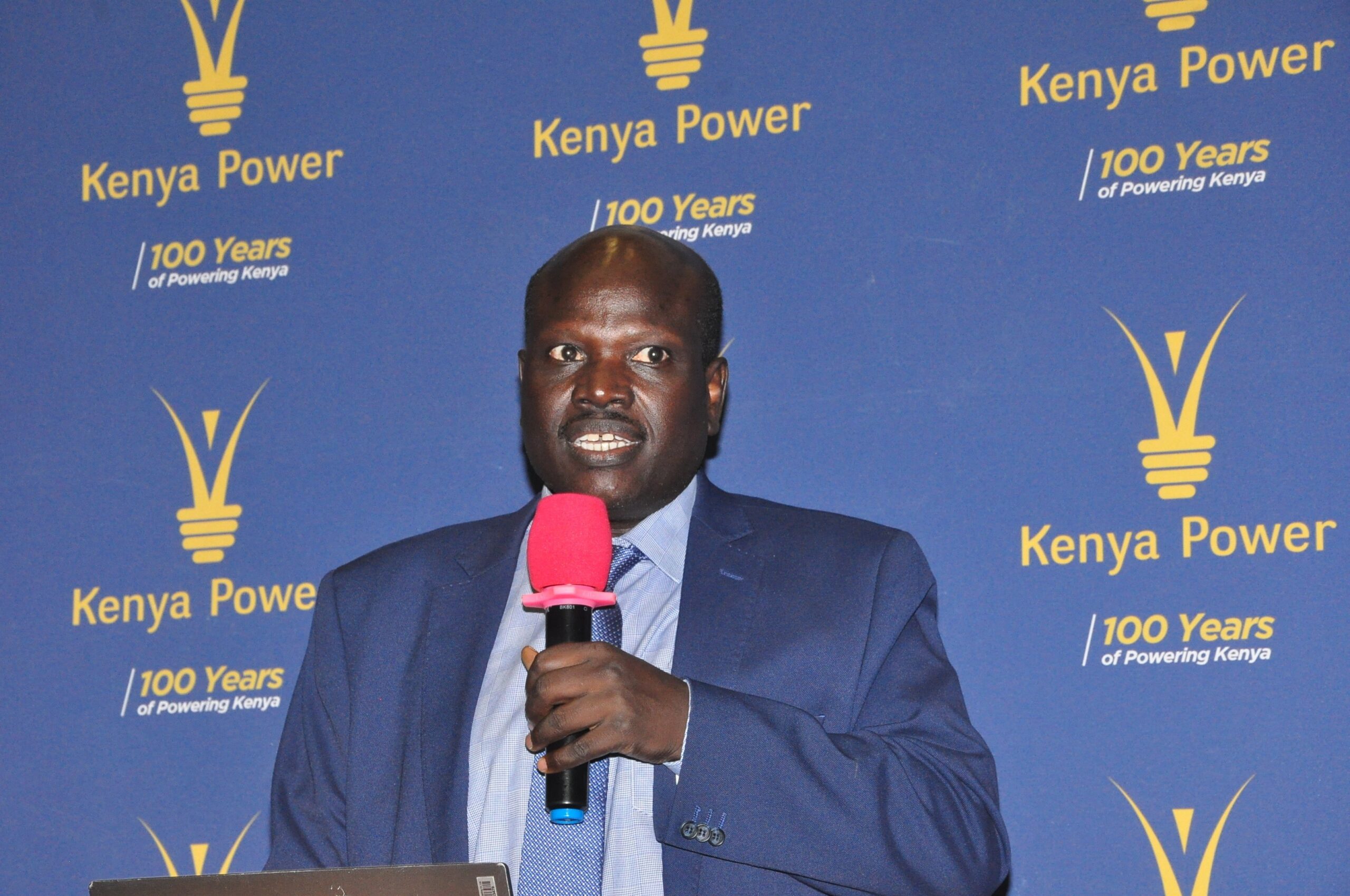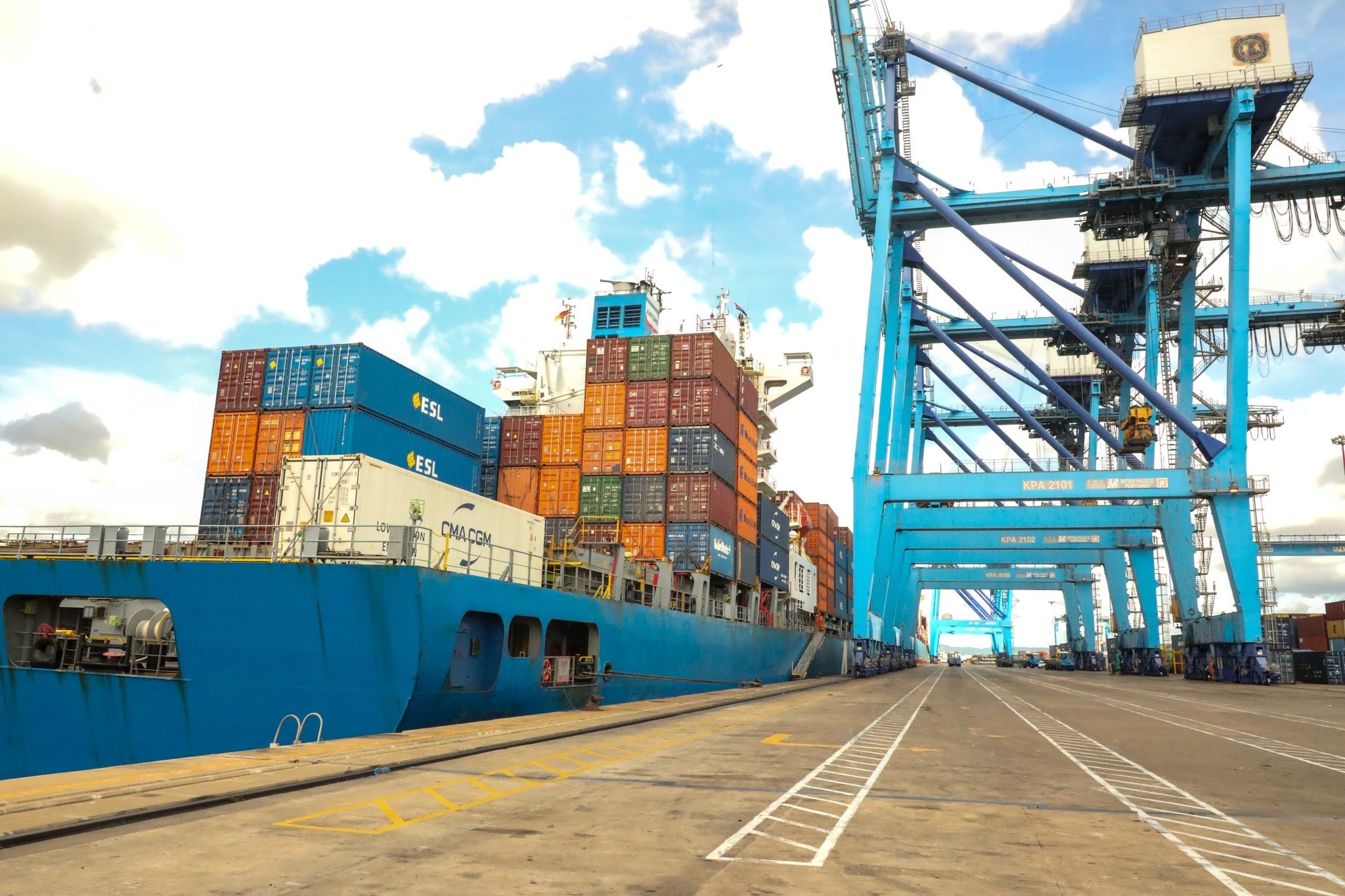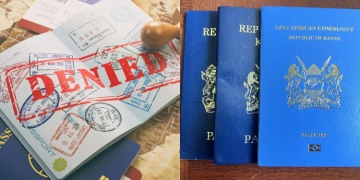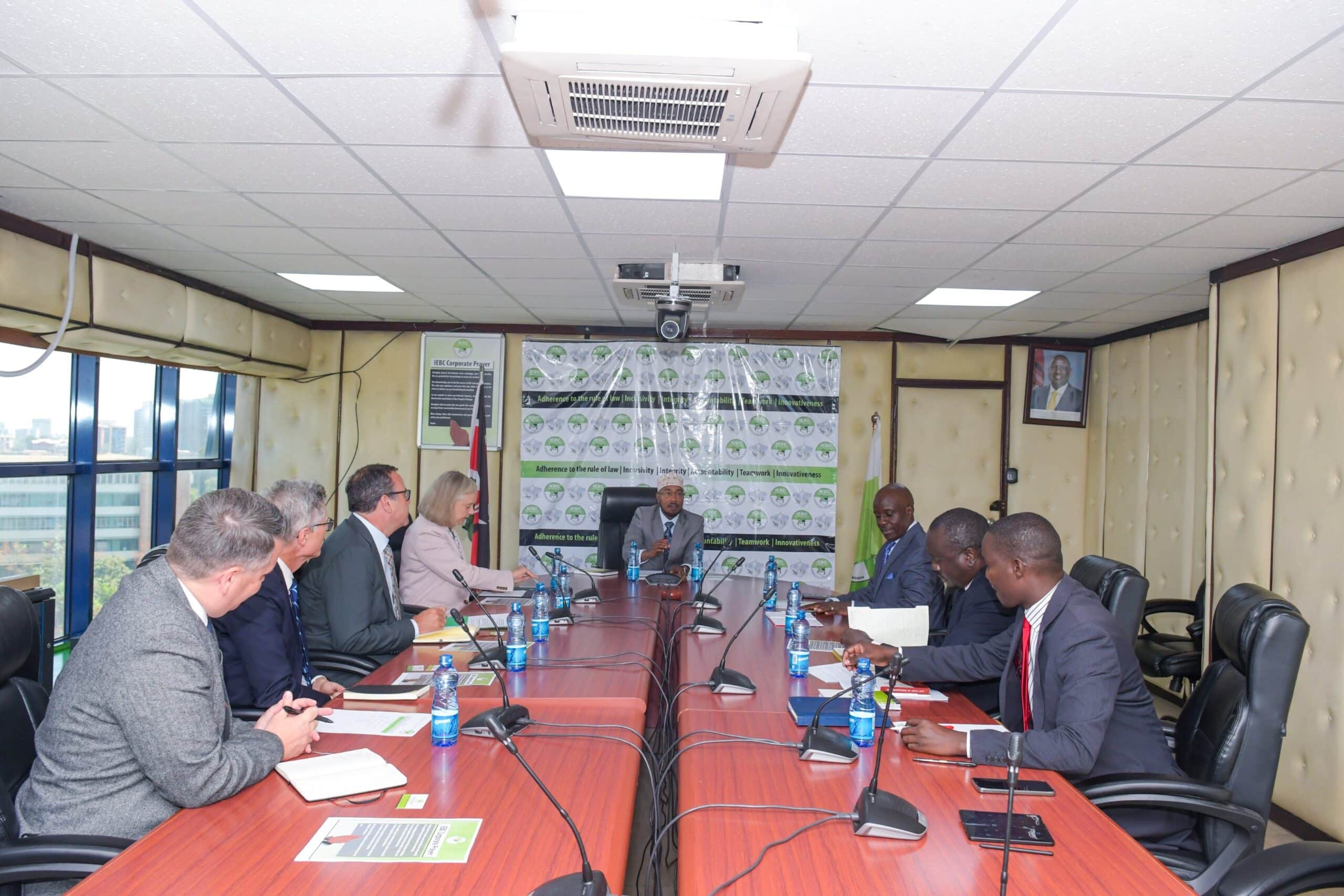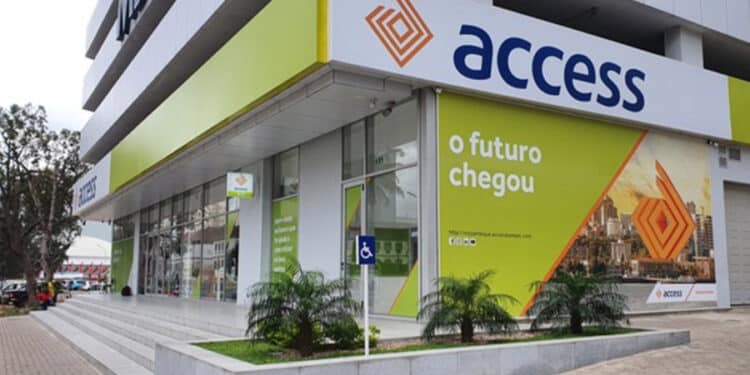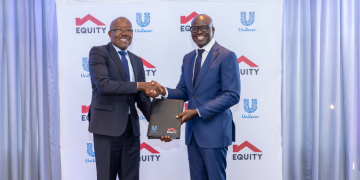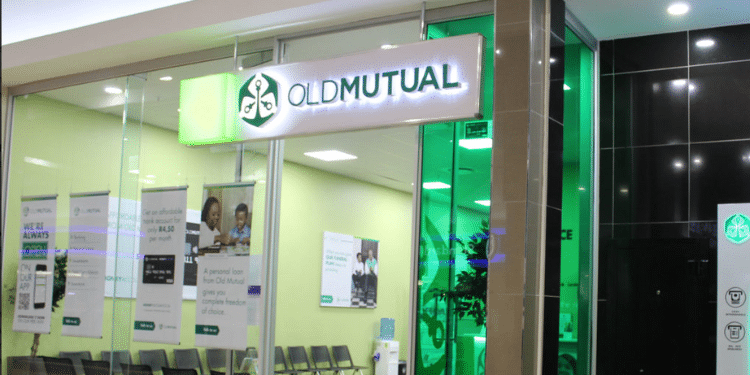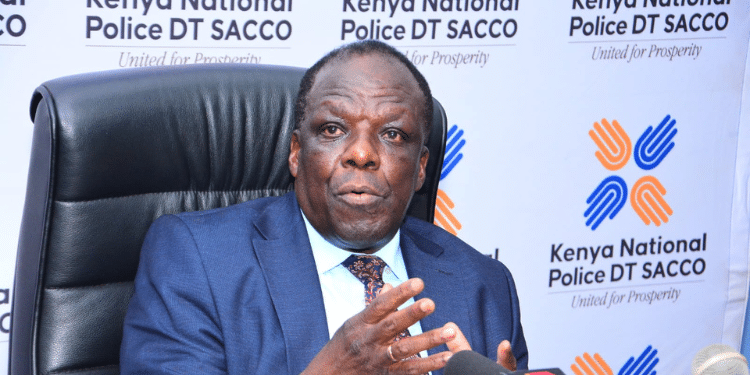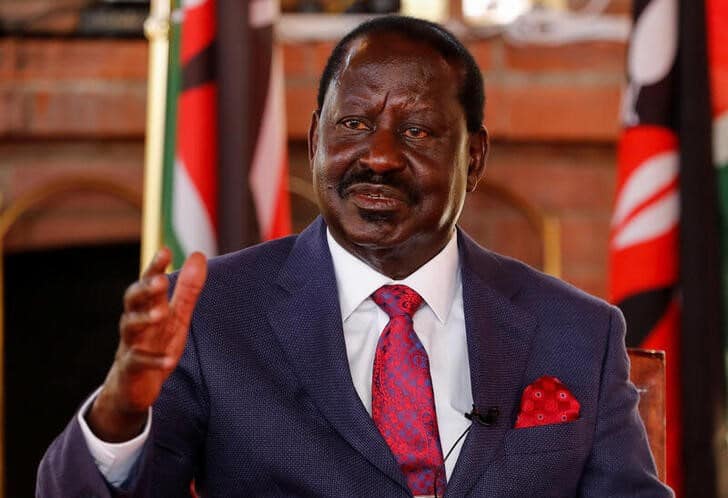The government of Kenya, through the State Department for Gender and Affirmative Action, implemented measures to provide free sanitary towels to school girls. The menstrual hygiene program which was launched in the 2017/2018 financial year aims to benefit 3.7 million girls in public, special primary and secondary schools.
According to the Ministry of Education, some of the factors that have attributed to girls missing school include the inability to access sanitary towels which is attributed to poverty.
Further reports show that a schoolgirl absent from school for four days in a 28-day month loses 13 learning days, equivalent to two weeks of learning in every school term.
Additionally, in an academic year (nine months), a girl loses 39 learning days, equal to six weeks of learning time.

Similarly for a girl in primary school grades 6 to 8 (three years), the loss is 18 weeks out of 108 weeks.
Furthermore, a high school-going student (four years) can lose 156 learning days, almost 24 weeks out of 144 weeks of learning.
This move was made following schoolgirls, especially those domiciled in public schools being absent from school for quite some time due to experiencing periods and losing many learning days.
However, despite these measures, many Kenyan schoolgirls still miss out on school due to the inability to access sanitary towels, which is attributed to poverty.
Meanwhile, Rebecca Mwenje the co-founder of Saniken and a resident of Kakamega County has taken the initiative to ensure girls in the Western region get easy access to sanitary pads.
The 30-year-old was motivated to start a sanitary towel project in the western region after encountering a girl who had missed school due to her period while she was on a field visit in a rural community.
Rebecca Mwenje Western Kenya Tour
The co-founder of Saniken during her tour narrated what prompted her to start the initiative.
Rebecca recalled an eye-opening encounter with a young girl who had missed school citing the lack of sanitary towels during her menstrual cycle.
“It all began with a simple observation I made some time ago during our field visits in the rural community. We noticed a young girl sitting alone under a tree. I approached her and asked why she wasn’t in school, and she shyly admitted that she was on her period and didn’t have pads.”
“That moment really changed everything for me because I realized that access to menstrual hygiene products was a serious issue, especially for the women and girls in the marginalized and underserved community in Western Kenya, where I live. This inspired me to make a difference,” Rebecca narrated.
As such, Rebecca founded Saniken Pads in February, a company dedicated to creating sustainable and affordable solutions for girls during their menstrual cycle.
She went further with her team to do research so that they could get to understand the problem on a deeper level.
From her findings, she deduced that most women across the globe lack access to basic menstrual hygiene products.
World Bank Menstrual Hygiene Report
According to a World Bank report, 500 million out of the 800 million menstruating individuals lack access to basic menstrual hygiene products.
In East Africa, 70% of women and girls cannot afford these necessities, and in Kenya, 65% of women and girls lack access to affordable sanitary pads.
As a result, it affects their health and overall well-being. Research suggests that many girls drop out of school or are absent for around five days per month during puberty due to this issue.
Rebecca believes that this data has significant consequences for the rights of the child, impacting their physical, social, and mental well-being.

Many girls feel embarrassed and anxious during this time of the month, as they fear the possibility of staining their clothes.
This situation prevents them from achieving their ambitions and perpetuates a cycle of missed opportunities.
As a measure to conserve the environment, the 30-year-old and her team are currently using biodegradable items to manufacture their sanitary products which in her view are much better compared to the ordinary sanitary products used by girls and women in Kenya.
“We are taking a revolutionary approach to our sanitary pad production, and instead of relying on traditional materials which can harm the environment. We are using the sugarcane waste and the bioplastics from cactus,” she explained.
In an exclusive interview with the Kenya Times, Rebecca explained that the bioplastics will ensure that the pads are leakproof and also odor resistant.
She also added that these materials are not only sustainable, but also, offer several unique benefits like comfort, high absorbency, and hence giving the woman the peace of mind that they have been desiring.
Additionally, Mwenje assures that Saniken is dedicated to maximizing the circular economy whereby no waste will be put to waste.
“For instance, in Kenya, in the sugarcane bagasse (sugarcane waste), industry or maybe the sugarcane factories, there are always 54 million dry tons of sugarcane waste which is produced in the world every year and in Kenya alone, 2.4 million metric tons of bagasse is produced every year. A small portion goes to use for internal heat production within the factory and then one million is dumped or sometimes burnt having an effect on the environment. There have been efforts on how to utilize the waste, and that’s how we come in, to help these manufacturing companies manage their waste, “Rebecca described.
Also Read: Make Sanitary Towels as Vital as Toilet Paper and Water
Cost of Saniken pads
Rebecca asserts that the pads will only take six months to one year to decompose while reiterating that the product is environmentally friendly.
In terms of cost, Mwenje says that the pads will be cost-effective compared to the other brands consumed in the Kenyan market.
“The initial costs may be slightly higher due to the innovative nature of the products and the machines that are needed for manufacturing. We are committed to ensuring that making sunken pads will be affordable for everybody. Remember the main problem that we are tackling here is that 65% of women and girls cannot afford sanitary pads. This affects their well-being, their education, and even their career. And that is why we are committed to making Saniken pads affordable for everyone. And we also aim to optimize maybe our production process and leverage the abundance of sugar cane wastes which is in Kenya. This one will therefore reduce the cost over time because that is waste that we are putting into use. to ensure that we add value to it,” Mwenje elaborated.
During the interview, Rebecca revealed that the project is in the prototype stage where several tests are being conducted to ensure quality assurance.
Furthermore, she disclosed that the sanitary products will be launched in the market within the next 6 months to a year, pending approval.
Also Read: Taxation on Sanitary Pads Is a Gamble With Menstruation
However, her production journey has not been without challenges stating that the biggest obstacles are comfortability and effectiveness.
“Creating a new project comes with its own set of challenges. One of the biggest obstacles has been ensuring that our pads are both comfortable and effective. They need to effectively address the real need for affordability while also considering environmental impact,” explained the thirty-year-old entrepreneur.
The co-founder also pointed out another challenge being the design concept of the product.
However, she noted that she has since overcome it following the countless hours and time, she spent with her team designing the pads and getting the right materials.
Rebecca’s goal is to expand the distribution of the sanitary pads project beyond the Western region of Kenya and spread it to other parts of the country.
Education and Philosophy
Rebecca Mwenje is a water policy professional with expertise in managing and implementing water, sanitation, and hygiene projects.
She holds a Master of Science in Water Policy from the Pan-African University of Water and Energy Sciences (Algeria), with a focus on climate change.
She also holds a bachelor’s degree in environmental science from Egerton University.
The entrepreneur has been at the forefront of advocating for the support of women and girls in their pursuit of comfort and equality.
“A period should end a sentence, not a woman’s or girl’s vision. And therefore, let’s join hands together so that we can create a world where every woman and every girl is comfortable. Where a girl and a woman are comfortable, we will all be comfortable. And we will all work together towards achieving our goals, both in the homes, in schools, in our places of work, and everywhere generally,” she concluded.
President Ruto’s pledge towards sanitary towels
President William Ruto then Deputy President during the 2022 general elections promised that if elected, his government would provide free sanitary pads to all girls for proper menstrual hygiene.
President Ruto made the announcement while signing a charter of post-election promises with the women leadership of Kenya Kwanza.
“On behalf of the Kenya Kwanza party, I commit to put an end to period poverty by providing sanitary pads and sanitary towels to all our girls and that is for free,” President Ruto pledged at the time.
However, the president has yet to fulfill his promise regarding sanitary products.
Follow our WhatsApp Channel and join our WhatsApp Group for real-time news updates.




